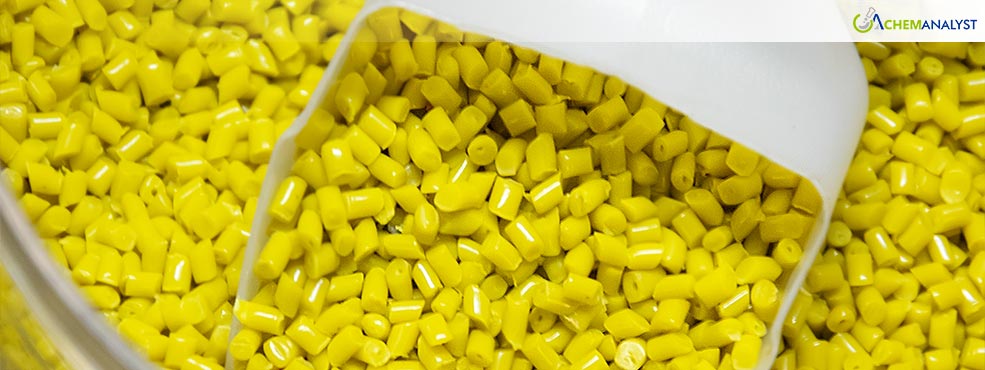Welcome To ChemAnalyst

The German Masterbatch market is facing a challenging period, grappling with a confluence of factors that are impacting both demand and production costs. A significant contributor to this turbulence is the weakening demand for Carbon Black, a key component in the production of many Masterbatch formulations.
Carbon Black prices in Germany declined in December 2024, reflecting a broader slowdown in the European tire market. Declining tire sales, both for replacements and new vehicles, have directly impacted Carbon Black demand, creating ripple effects throughout the supply chain, including the Masterbatch sector.
The energy crisis further exacerbates the challenges facing the German Masterbatch market. Soaring energy costs, particularly natural gas, are driving up production expenses for Masterbatch manufacturers. Europe's reliance on naphtha for ethylene production, a crucial feedstock for many plastics, adds to the cost burden. This energy price volatility, coupled with the looming threat of a severe winter, casts a shadow of uncertainty over the market.
Furthermore, the German chemical sector as a whole is experiencing headwinds. Elevated production costs, low demand, and increasing bureaucratic hurdles are forcing companies to cut budgets and shift investments overseas. This trend is likely to impact the Masterbatch market, as manufacturers navigate these challenges.
While the global automotive sector is projected to maintain stable growth, the broader economic uncertainties are creating a challenging environment for the German Masterbatch market. Manufacturers are navigating a complex landscape, balancing rising costs with weakening demand, while also contending with increased competition from more efficient production facilities in other regions.
The rising cost of Carbon Black, a major raw material, directly impacts Masterbatch production costs. This squeezes profit margins for manufacturers, forcing them to either absorb the increased costs or pass them on to customers, potentially impacting demand. The decline in tire sales, a major driver of Carbon Black demand, has a cascading effect. Reduced Carbon Black production can lead to supply chain disruptions and potential shortages, impacting the availability and pricing of key raw materials for Masterbatch manufacturers.
The increasing cost pressures and competitive landscape are forcing some Masterbatch manufacturers to consider shifting production to regions with lower energy costs and more favorable operating environments. This could lead to a restructuring of the German Masterbatch market and potential job losses.
The outlook for the German Masterbatch market remains uncertain. While the global automotive sector is projected to maintain stable growth, the challenges posed by the weakening Carbon Black market, rising energy costs, and economic headwinds will continue to weigh on the industry. Manufacturers will need to adapt to these challenges by implementing cost-saving measures, exploring new markets, and investing in innovative technologies to improve efficiency and competitiveness.
We use cookies to deliver the best possible experience on our website. To learn more, visit our Privacy Policy. By continuing to use this site or by closing this box, you consent to our use of cookies. More info.
